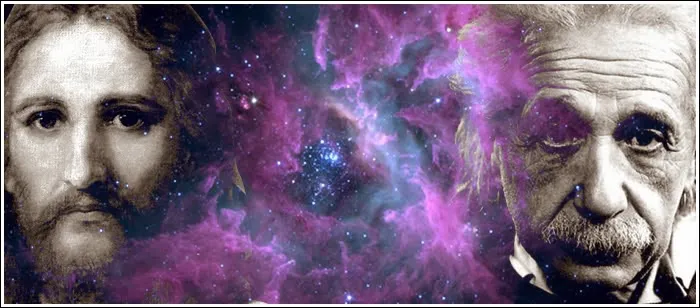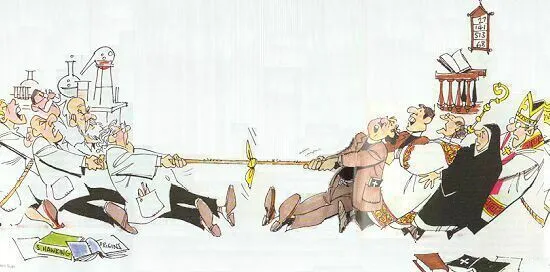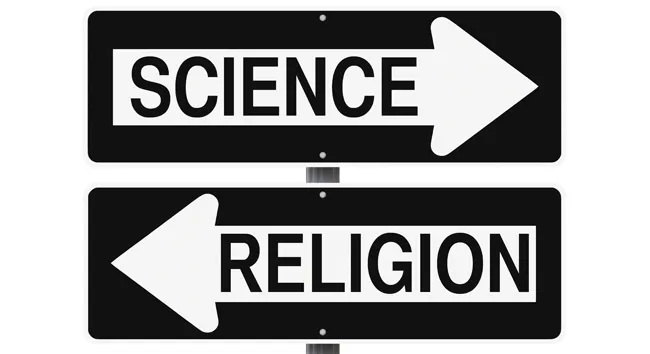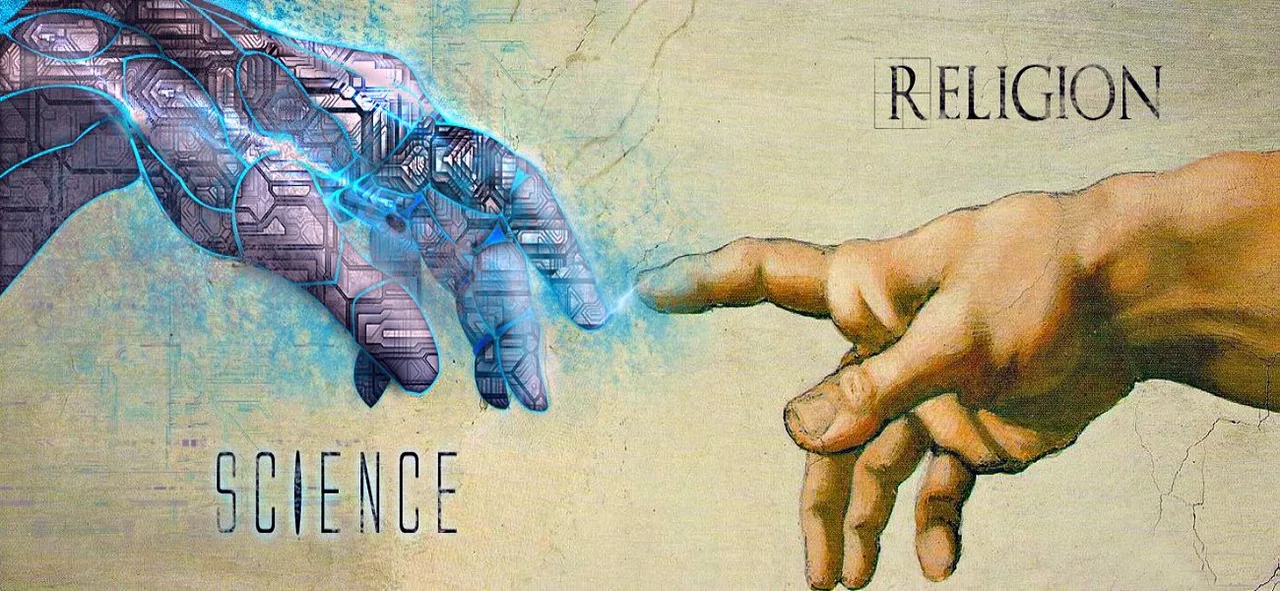A classic debate and, above all, very equivocal, we find in the already typical dispute between science and religion. This debate that opposes science and religion, has been distorted to the point that participants must choose one while repudiating the other. It is common to find all kinds of absurd reasoning in social networks. And, if the reasons are many, the attacks on the defenders of the opposite position are not less.
As always there is a misunderstanding, among the defenders and detractors of the science-religion dilemma there is always a loser. Although the sense of loss in a debate may well be subjective. In the end, this debate, for many losers that leave, neither clarifies nor convinces. Nobody ends up going over to the other side or questioning their initial position.
To show some of the most used arguments in this debate, the following are the two sides of the coin that can be found in any forum or social network in which the subject is treated. The defenders of science charge against the religious arguing that what is written in the sacred books is not true. For example, against Christianity, to collapse it is common to allude to the myth of creation. This tells how the first man was created by God and the first woman comes from the first rib of this man.
In a distortion of evolutionary theories, the defenders of religion declare the impossibility of man coming from the monkey. This absurd debate, which starts from erroneous interpretations, is one of the most common. While some do not understand evolution, others literalize the Bible by ignoring its metaphorical writing.Another of the most burning issues is that which falls on the religion of people who have excelled in history. Both the defenders of science and those of religion often appoint philosophers, chemists, physicists and a host of famous people who believed or did not believe in God. For some religious scientists have been the best; for others, atheists are better. However, they only name important people because they are important. Rarely are scientists named who have deepened in religion or religiosity.
On the other hand, science has been considered the religion of our time. And, not least, religious use scientific arguments to prove the existence of God. Evidently, the arguments to prove their existence or non-existence end up collapsing without resolving the issue.
How to interpret these debates
These debates away from the pause and reflection, only seek to discredit the opponent. The fact that they are done through the Internet and not face to face, gives people more ease to express themselves at the beginning. The supposed anonymity provided by the internet also makes the object of the attack diffuse. When someone criticizes the position of religion or science, it does not attack particular people, but a general. Although debates can end up with people taking what is said as something personal.
This process encourages the arguments to be increasingly ridiculous and focused on personal attacks away from the main topic. Science and religion are compatible and there are different positions that integrate them. Those who do not seem to be compatible are the people who approach the debate without listening to the arguments of the other party or taking the interpretation of it that is more conducive to criticism.
Modern positions on science and religion
It must be made clear that science is a method: it can be understood as a tool that helps us to understand the world. But science is not perfect - it is not the method and it is not those who use it - and its conclusions may be biased or false. There are many aspects of life that escape the understanding of science. Although this does not mean that we must accept all crazy theories and fall into an absolute relativism.On the other hand, religion fulfills certain functions that tend to escape for those who have a simplistic vision. Religion serves to unite people, to alleviate tensions and fears related to death, to generalize generosity and sharing. Although they can start from erroneous or false assumptions, religions in themselves are not bad. Those who can do evil are people who live the religion in different ways.
A scientist named Carl Sagan presented a practical example of how science can not interpret all reality. Sagan said that we had to think of a two-dimensional world where the inhabitants were flat squares. In this world, one day, suddenly, a ball appears. The square inhabitants could not see it since the ball floated in the air. But, on one occasion, the ball landed on the ground leaving a round mark. The inhabitants did not come out of their astonishment at such an aberration.
This story, although absurd, serves to reconsider on possible unknown dimensions. We do not know everything or know it. Therefore, maintaining a critical mind, without missing those who think differently, will help us not to enter absurd debates. The lack of respect only causes conflicts and alienates people. Dialogue and understanding promote closeness and understanding.




